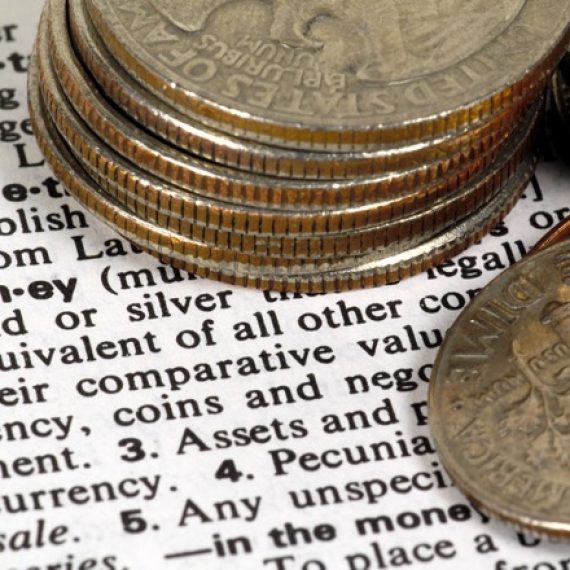January 23, 2006 – A couple of years ago I read Empire: the Rise and Demise of the British World Order and the Lessons for Global Power by British historian and best-selling author Niall Ferguson. It was an interesting read, as the book provided not only an overview of the major milestones in Britain’s history as a global power but also, a lot of food for thought.
There was one thought from the book in particular that stuck with me. Ferguson notes the importance of Britain’s victory in 1763 over the French in the Seven Years War because it secured Britain’s grip on India, which “for nearly two hundred years would be both a huge market for British trade and an inexhaustible reservoir of military manpower.” He then goes on to describe the factors that helped bring about that victory. Among these, oddly enough, was debt.
“It was a victory based on naval superiority. But this in turn was possible only because Britain had one crucial advantage over France: the ability to borrow money.” Then to drive home the point, he goes on to say: “Behind every British naval victory stood the National Debt; its growth from £74 million to £133 million during the Seven Years War – was the measure of Britain’s financial might.”
Now, do his comments strike you as being odd? How can debt help you win a war? One does not shoot promissory notes at an enemy. It takes bullets and manpower to win a war, not debt. So why isn’t Ferguson saying that it was eighteenth century Britain’s superior industrial capacity that was critical to winning the war? What does debt have to do with it?
Even more peculiar is Ferguson’s description that the near doubling of Britain’s national debt was “the measure” of its financial might. Maybe it’s my training as a banker or the values instilled in me as a child, but I’ve always viewed debt as the measure of financial weakness, not strength. So what is Ferguson talking about? Do empires have some magic elixir that enables them to turn debt into financial strength through the miracle of imperial finance?
I’ve been thinking that somebody should write a book to unravel this obviously mixed-up thinking being propounded by Ferguson. Fortunately, someone has, and it is a great book. Called Empire of Debt, by Bill Bonner and Addison Wiggin, it turns the crazy world of imperial finance right-side up with some common sense thinking.
It is a noteworthy accomplishment, and very timely too. Why? Because American finance emulates the British model, which can be better described as a model of imperial finance. The ‘empire of debt’ that Bonner and Wiggin examine of course is not that financial burden amassed when Britain ruled the waves. Rather, it is the debt mountain built by the American empire, which brings up another reason why I am recommending this book that should be read by American and non-American alike. To explain imperial finance, one has to first explain why the US has become an empire, which the authors donot only admirably, but make it an entertaining read as well.
Shortly after president Kennedy was assassinated, I read a New York Times article saying Kennedy, like Trajian, ruled at the height of the empire. I was a teenager at the time, and not fully aware of how true that statement was in both respects – the empire was indeed at its peak, and the point not really appreciated by me at the time, that the US had indeed become an empire.
Bonner and Wiggin explain not only how America became an empire, but why it is vulnerable to a collapse, just like all the other empires before it. Given all the imperial hubris emanating from politicians and their toadies in the nation’s capital these days, this book is essential reading. I’m sure you will enjoy it as much as I did.

 My objective is to share with you my views on gold, which in recent decades has become one of the world’s most misunderstood asset classes. This low level of knowledge about gold creates a wonderful opportunity and competitive edge to everyone who truly understands gold and money.
My objective is to share with you my views on gold, which in recent decades has become one of the world’s most misunderstood asset classes. This low level of knowledge about gold creates a wonderful opportunity and competitive edge to everyone who truly understands gold and money.
